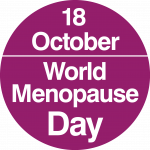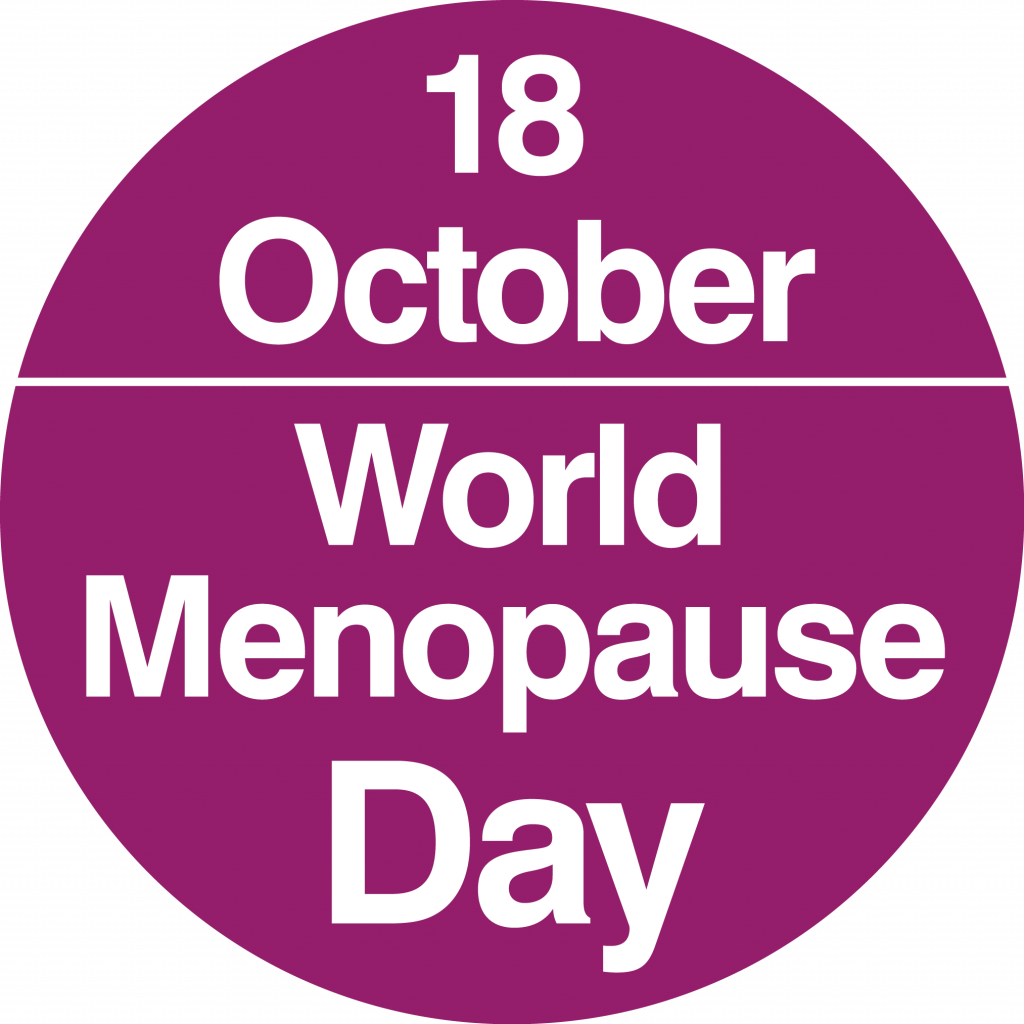
This is the second of three-blog posts to celebrate World Menopause Day 2023, yesterday this elf looked at a systematic review of interventions to support women in the workplace manage their menopause symptoms, today we are moving into a bit more of a controversial topic – intersectionality and menopause (please don’t troll the messenger – this stuff needs to be talked about!) based on a paper recently published in the Journal of Aging.

If you go down to the woods today… you’ll find us still in conversation about the menopause
The paper in this case is a little different to our usual blogs and looks at a review article from the Journal of Aging, arguing that the push towards and ‘amplification’ of menopause is far from inclusive, but instead is creating greater division and exclusion as people find themselves so far removed from the celebrity version of menopause that hot flashes and men-o-fog (it’s a real thing) are about the only common factors. Whilst the diversity of experiences between different racial groups is acknowledged occasionally in the discussion, I don’t suppose most BAME women would compare their lives to Oprah’s or Michelle Obama’s anymore that I can compare my life to the likes of Davina or Naomi Watts.
It is great that menopause is being talked about, and for those that fit the cisgendered middle class, economically stable/comfortable mold there is definitely more awareness and tolerance to the grim symptoms and how difficult they can be to manage, but what about if you don’t fit the mold? What if your class, sexuality, gender identity, race, religion or disability mean that your experience of this stage of life is just not recognised or stigmatised to the point of taboo, then what?
Methods
The author of this paper draws on a wide range of studies and social examples and set out the arguments for what she terms the ‘menopausal turn’. The methods are far from robust, but then they don’t claim to be, with the paper being shaped as evidence that more evidence is needed rather than any sort of systematic approach. As I’ve said before about social care research, issues with methodology don’t make it invalid to consider, and the points this paper makes are ones which, in the context of equality and diversity, need to be thought about. Social work is about professional curiosity as well as statutory roles and duties, and what this paper does is ask some questions that need to be asked if we are to address some of the structural inequalities that exist in our society.

The paper points us to questions of diversity and how menopause might intersect to shape the experience for different groups.
The author focuses on key points in the campaign to raise menopause awareness, identifying the cult of celebrity and the rise of social media as key to getting the issue on the agenda but recognises that this is having unintended consequences as it is representing a population that most of us don’t recognise in our own realities of living through peri/menopause.
Results
As I’ve highlighted, this paper is a discussion piece rather than a piece of empirical research, but then a lot of the social care journal literature is. In this case the author presents a narrative literature review combining health research and peer reviewed articles with popular non-fiction and media coverage to support her key argument, that being that the popular perception of menopause is not representative for a significant proportion of the population and this needs to be named and researched – this elf agrees.

The menopause ‘voice’ is not currently representative for many and needs to be named and researched.
Conclusions
We know that menopause is talked about more today than has historically been the case, and there are now menopause policies and a range of health and workplace support options available that represent a huge step forward in some ways. But, and for an awful lot of people it’s a big but, there are still whole areas of taboo, and the criticisms of the current menopause narrative is that the portrayal is of a cisgendered, economically comfortable, menopause ‘journey’ which for a lot of people is a world away from their own experiences. In fighting for equality and reasonable adjustments on one front (we’ll come back to this tomorrow when we’ll be taking a little look at some recent caselaw as well as the final paper in this world menopause day series), the author highlights that we are unwittingly creating another set of exclusions and inequalities.

Exclusion for many appears to be the side effect of inclusion for some – is the menopause becoming a paradox?
Strengths & Limitations
In terms of methodological robustness, there isn’t any and the author does not explain why she has included what she has included. The sources for this article range from journal articles through to Davina McColls most recent book, and data from the Health Research Authority and the NHS, so whilst not subject to criteria, a breadth of published material is presented to support the discussion.
The strength of this piece is that it asks the question and posits that the current ‘amplification of menopause’ is creating exclusion as it tries to promote inclusion, with a call to call-out the exclusions where they are evident. This is sometimes easier said than done but worth keeping in the front of your mind around some of the media noise around it.
“This analysis has shown how in order to shape inclusive policy and cultural change it is crucial that rather than unquestioningly embracing the contemporary media’s call to arms for greater menopause support… it is essential to first unpack exactly how that call is being formulated and who it overwhelmingly comprises and excludes” (p. 8)
Implications for Practice
The main implication of this paper is that it points us to areas which need to be researched and cautions us to not accept uncritically the cult of celebrity within the world of menopause studies. It accepts that there is more of a menopause voice than has been the case in years gone by, but that the focus is cisgendered affluent white women, with an increasing voice in other affluent populations but still very little consideration of how it might effect a women who can’t afford bread, let alone a manicure to cheer herself up to ‘feel more of a woman’ (ok a twee example I know but I’m sure you get the point), or how a trans man who has been on gender therapies might experience the menopause journey, or how a non-binary person might experience the process, or how a woman who is put into a surgical menopause (potentially at a much younger age than menopause is expected) might cope with instant full on symptoms?
Consider any of the diversity factors in today’s society and there is a conversation to be had about how the menopause might intersect. The impact of discrimination and oppression, in terms of both structural inequalities and the stigma and ‘othering’ that appears to be found in all areas of life, are being felt in lots of places, and that’s why this paper is included. It has a point that needs to be articulated out-loud and that’s why this elf thought it was worth blogging about – Menopause is a biological stage of life, but how it is experienced or responded to isn’t the same across different sections of society, so whilst it’s good to talk, and the Davina McColl Effect has opened the conversation, now we need to ask the next question, to exercise our professional curiosity and not presume that the cisgendered affluent white woman experience applies to everyone.
Conflicts of Interest
None
Links:
Primary Paper:
Jermyn, D. (2023) “Everything you need to embrace the change’: The ‘menopausal turn’ in contemporary UK Culture.” Journal of Aging Studies, 64,
Other Elf Menopause Blogs
- Menopause in the workplace: A blog to celebrate world menopause day 2023.
- Later menopause linked with lower risk of depression (Feb 2016)
- Is the menopause depressing? Not necessarily (March 2014)
- Little attention paid to menopausal transition experiences or wellbeing of women with learning disabilities (August 2013)
- What do women with learning disabilities understand about the menopause? (March 2011)
Photo Credits:
- Photo by British Menopause Society
- Photo by Clay Banks on Unsplash
- Photo by Pawel Czerwinski on Unsplash
- Photo by Brett Jordan on Unsplash
